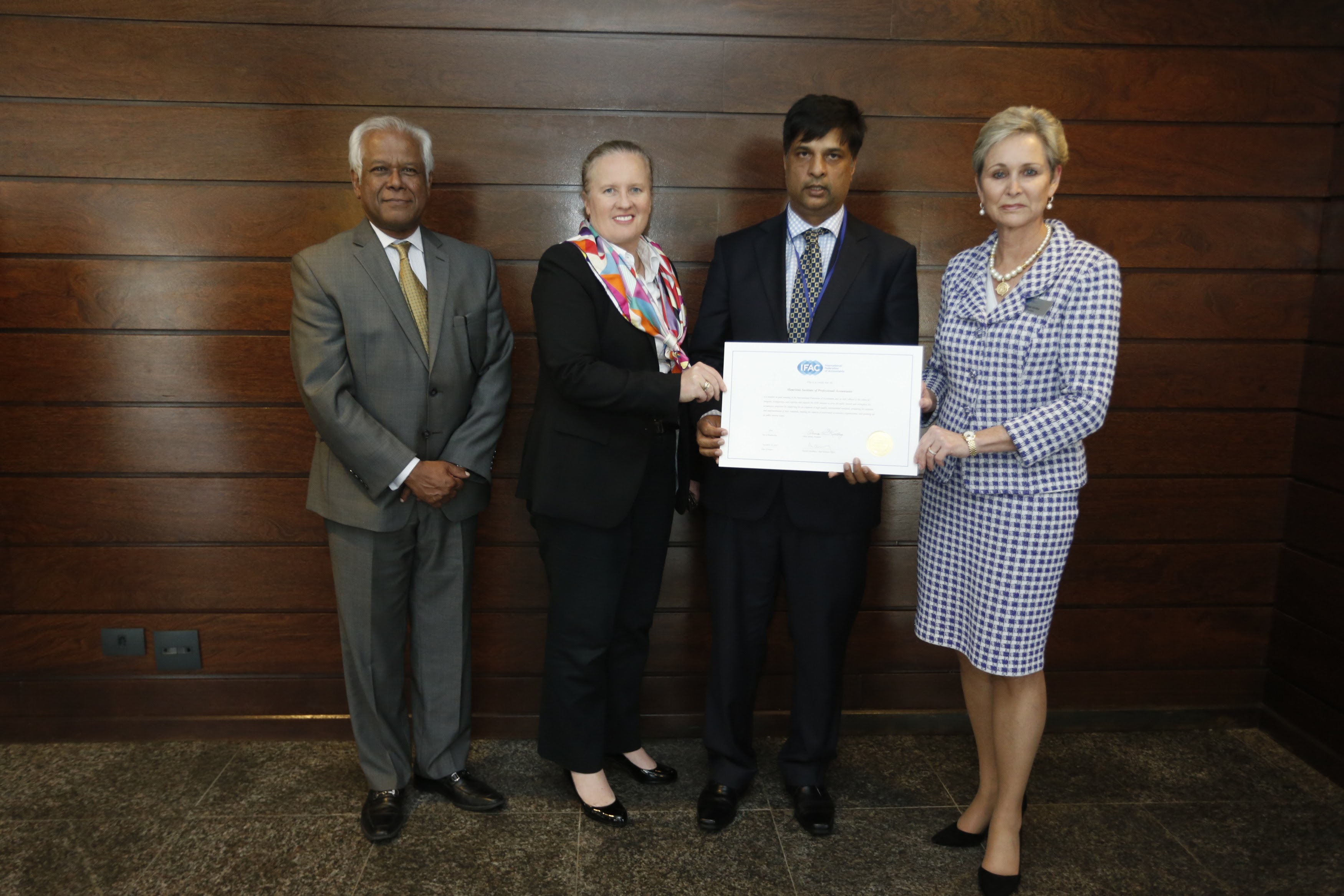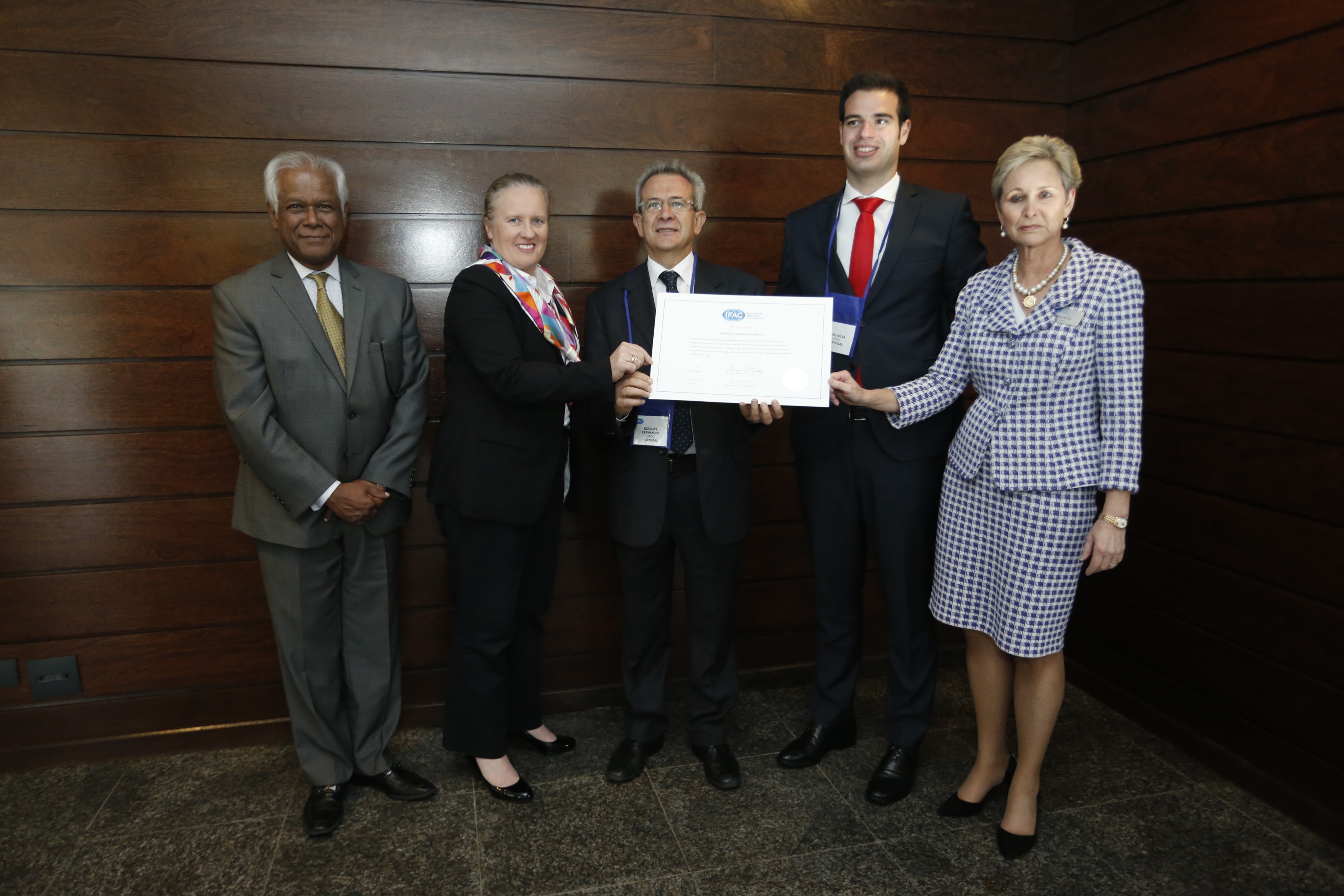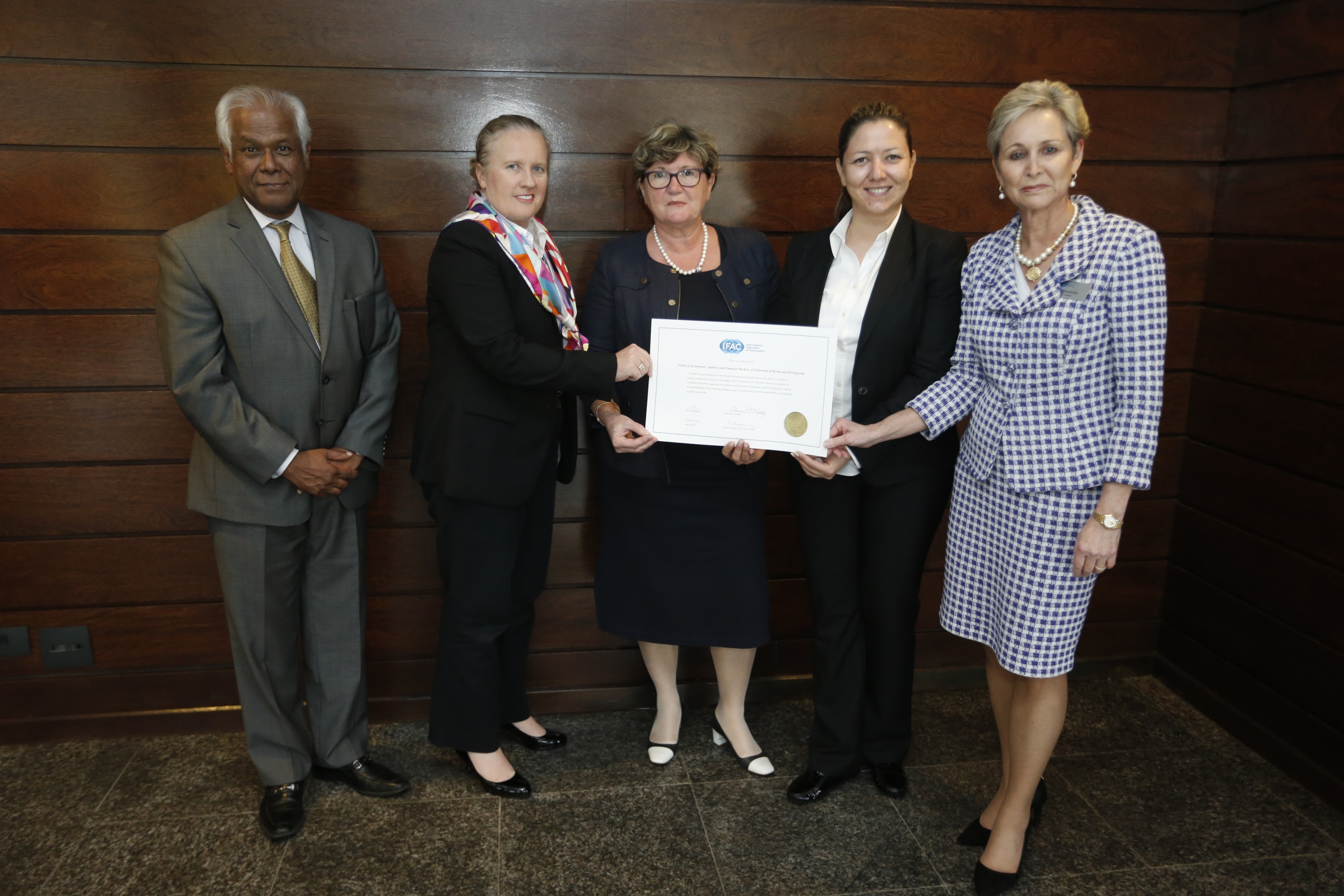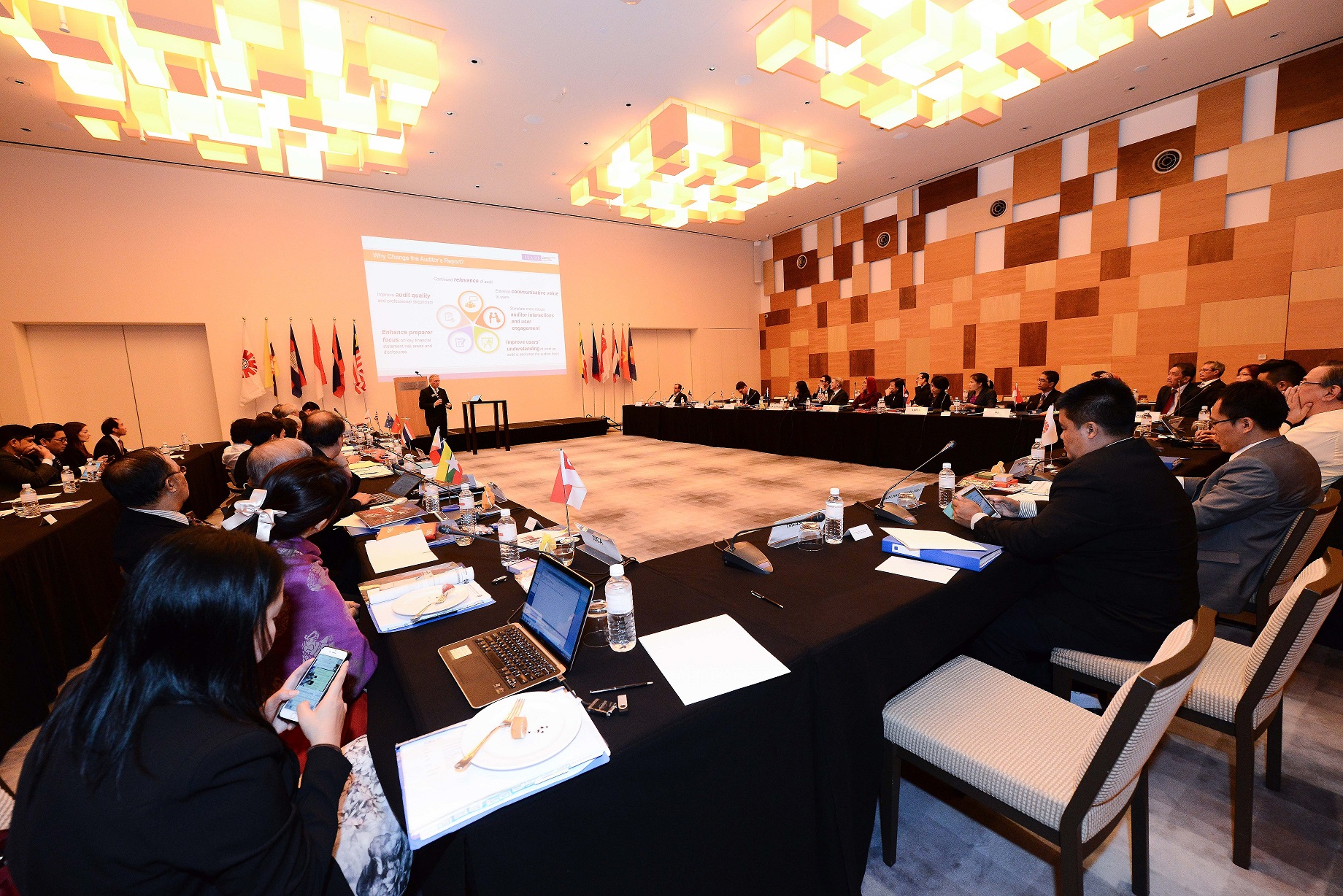IPSASB eNews: December 2017
The IPSASB held its fourth and final meeting of the year from December 5-8, 2017 in Toronto. The IPSASB’s Consultative Advisory Group (CAG) met on December 4, 2017 and the CAG’s views informed the IPSASB’s discussions.
The IPSASB approved Exposure Draft (ED) 64, Leases. ED 64 will be issued in January with a consultation period until June 30, 2018. ED 64 proposes a single right-of-use model for lease accounting specifically designed for public sector financial reporting. It also proposes requirements and guidance on concessionary leases for both lessors and lessees.
Access Presentation »
The IPSASB agreed on outlines for the Public Sector Measurement Exposure Draft and Consultation Paper, which will address the measurement of assets and liabilities, including non-current assets held for sale and discontinued operations. The Board took a tentative view that fair value, as defined in IFRS 13, Fair Value Measurement, can be applied in the public sector where a non-entity specific exit value is appropriate.
Access Presentation »
The IPSASB reviewed responses to its Consultation Paper, Financial Reporting for Heritage in the Public Sector. The main issues raised by constituents related to the measurement of heritage assets. The Task Force on Public Sector Measurement will next develop measurement principles. The Heritage Task Force will then consider application guidance for heritage measurement.
Access Presentation »
The Board received an update on the CAG’s discussion of the Infrastructure Assets project, which raised several new issues, including the accounting treatment of land under water (e.g., dams and reservoirs) and asset retirement obligations.
The IPSASB will next consider Infrastructure Assets at its December 2018 meeting. Staff will continue with research and will develop and issue a survey to gain constituent views on the main issues in accounting for infrastructure assets.
Access Presentation »
The IPSASB approved a consultation document with its proposed Strategy and Work Plan 2019-2023. It will be published in January 2018, with a comment period until June 15, 2018. The consultation document proposes strategic priorities and additional projects for the period. The IPSASB will undertake a number of outreach activities to obtain input from constituents in the February-June 2018 period. Please watch for the publication and provide your feedback via comment letter.
Access Presentation »
The IPSASB carried out an in-depth review of its current work plan and agreed on a revised plan that runs through 2021. The IPSASB will review the plan at each meeting and will carry out a more detailed review at its final meeting of the year. The IPSASB will also align this review in December 2018 with approval of the 2019-2023 Strategy and Work Plan.
Access Presentation »
Access Presentation »
- An audio podcast highlighting key points of the December 2017 meeting is now available.
- December 31, 2017: Consultation period for ED 62, Financial Instruments, ends.
- January 15, 2018: Consultation period for Consultation Paper, Revenue and Non-Exchange Expenses, ends.
- January, 2018: Strategy and Work Plan 2019-2023 Consultation Paper and ED 64, Leases, to be issued.
- March 31, 2018: Consultation period for ED 63, Social Benefits, ends.





The IPSASB approved Exposure Draft (ED) 63, Social Benefits, which will be issued at the end of October with the consultation period running until March 31, 2018. ED 63 proposes the obligating event approach, in which liabilities are recognized when the eligibility criteria for the next benefit (including being alive) is satisfied. The ED also includes an optional insurance approach and stipulates that entities are required to disclose projected cash flows for schemes for the next five years.
Access Presentation »